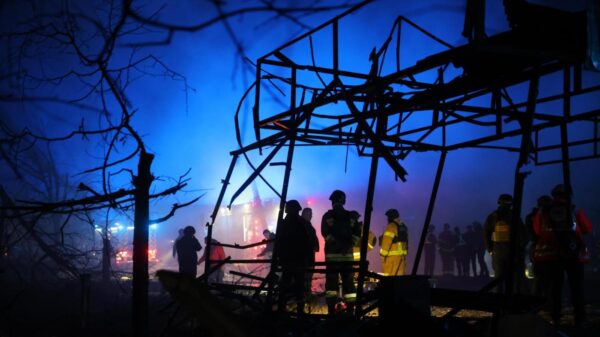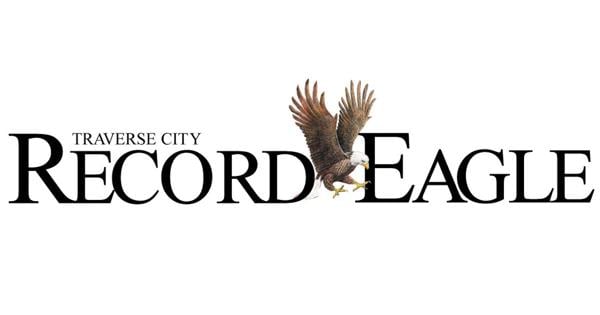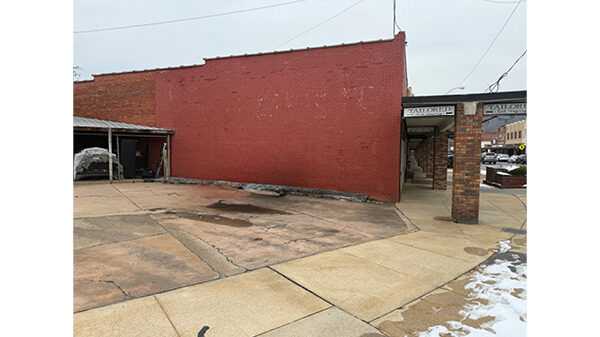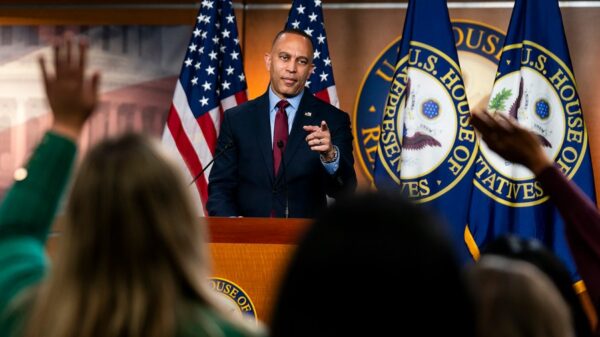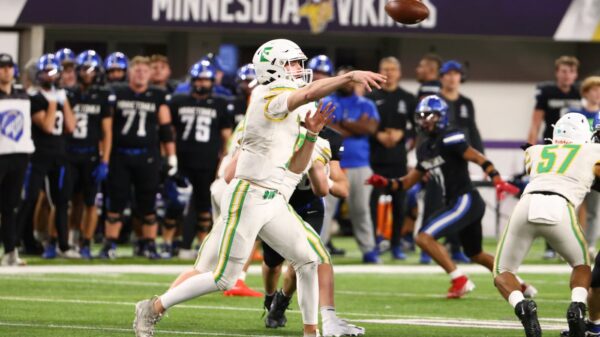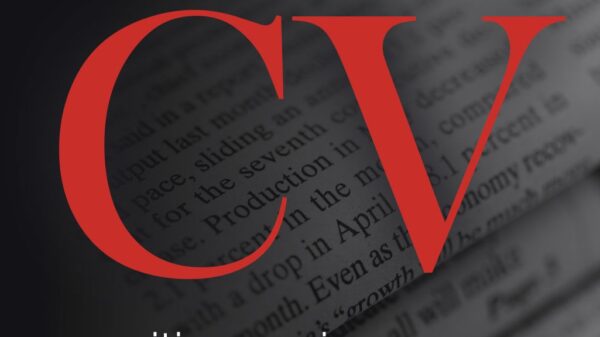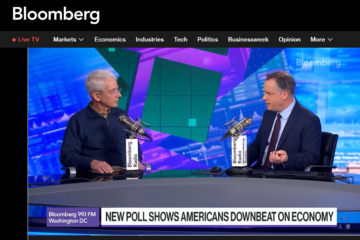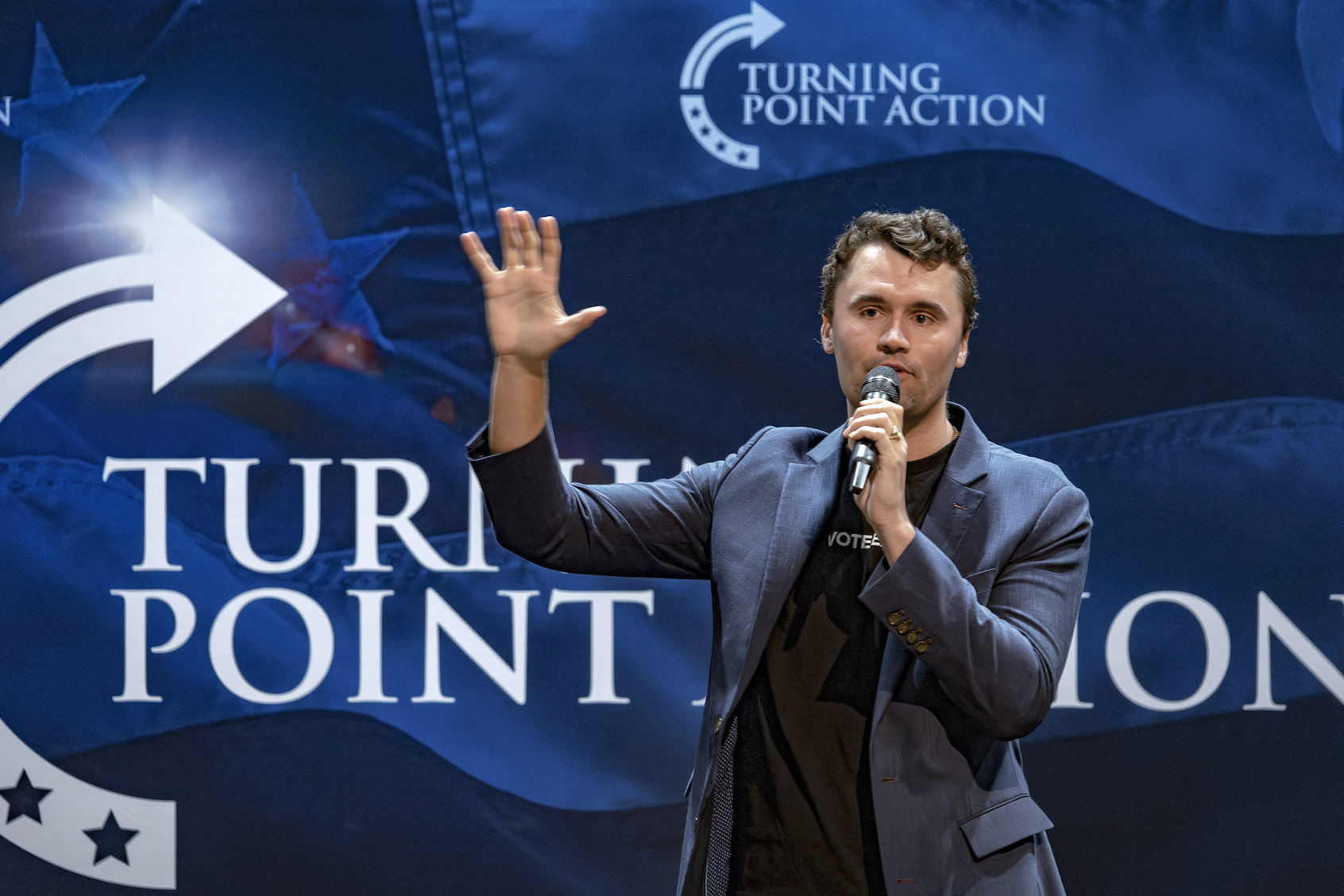The death of conservative activist Charlie Kirk on September 10, 2025, in Utah has prompted the Trump administration to announce plans to investigate alleged connections between “leftist” nonprofits and the suspect in the case. Kirk, who was 31, founded and led Turning Point USA, a prominent conservative nonprofit organization. The suspect, Tyler Robinson, a 22-year-old from Utah, is accused of fatally shooting Kirk during a crowded outdoor debate. While Robinson was reportedly raised in a conservative family, his recent political shift raises questions about his motives.
High-ranking officials in the Trump administration, including Vice President JD Vance and Deputy Chief of Staff Stephen Miller, have publicly accused specific progressive organizations of fostering violence against right-wing figures. Miller has described these groups as part of “a vast domestic terror movement,” while Vance stated that the government will pursue investigations into nonprofit networks allegedly involved in violent activities.
President Donald Trump has suggested that Kirk’s killing is the result of actions by “a radical left group of lunatics” that does not “play fair.” He has indicated that these organizations are already under investigation, although specific details about such probes have not been disclosed. Trump is considering the possibility of pursuing criminal charges under the Racketeer Influenced and Corrupt Organizations Act (RICO), typically used for organized crime cases.
Despite these serious allegations, the Trump administration has yet to present evidence linking these nonprofits to Kirk’s death. Conservative media outlets have pointed fingers at several organizations, including billionaire George Soros‘ Open Society Foundations and the Ford Foundation. These funds are accused of financially supporting unnamed groups that allegedly “radicalized” Robinson, leading to what the White House describes as “organized agitation.”
On September 17, over 100 funders, including the Ford Foundation, signed an open letter on the Medium platform condemning the Trump administration’s accusations. The Southern Poverty Law Center, which has reported on Kirk’s controversial comments regarding marginalized communities, has also publicly denied any wrongdoing.
Most of the organizations targeted by the Trump administration are classified as charitable nonprofits under the U.S. tax code, specifically Section 501(c)(3). This designation allows a broad range of activities, including public policy advocacy and social services. These nonprofits enjoy protections under the First Amendment, which guarantees their rights to free speech, press, and assembly, including the right to engage in public policy advocacy.
While organizations cannot legally promote criminal activity or incite violence, U.S. Supreme Court precedents set a high bar for what constitutes incitement.
Attempts to increase executive power over nonprofit regulation are not new within the Republican Party. In recent years, GOP members have tried to amend laws governing nonprofits, but these attempts have often failed. Concerns remain that the Trump administration might find alternative ways to restrict the political rights of nonprofits.
Historically, there have been instances of repression against nonprofits in the U.S. The Johnson Amendment, enacted in 1954, prohibits tax-exempt organizations from participating in political campaigns. Despite widespread support for this law, the Trump administration has attempted to repeal it, echoing a past effort by then-Congressman Lyndon B. Johnson to silence conservative charities in his district.
Political observers have drawn parallels between the Trump administration’s actions and the repression of civil society in other countries, such as Hungary and Russia, where governments have targeted political opponents and NGOs.
The implications of these investigations may extend beyond the immediate political landscape. The essential freedoms that underpin democracy rely on a diverse marketplace of ideas. Nonprofits play a critical role in this dynamic, often voicing unpopular opinions that challenge dominant narratives.
Additionally, the question of transparency surrounding nonprofit funding remains contentious. Current federal law grants privacy to donors, complicating public access to information about who finances nonprofit activities. Although all nonprofits, except for churches, must disclose some financial information annually, donor identities are often protected.
Organizations advocating for charitable interests, including the National Council of Nonprofits, are monitoring the Trump administration’s actions closely. Their focus is on ensuring that the rights of nonprofits to engage in advocacy are upheld, regardless of political circumstances.
As the investigations unfold, the balance between political scrutiny and the rights of nonprofits will likely remain a contentious issue in American society.







